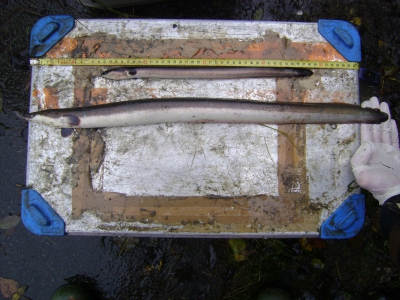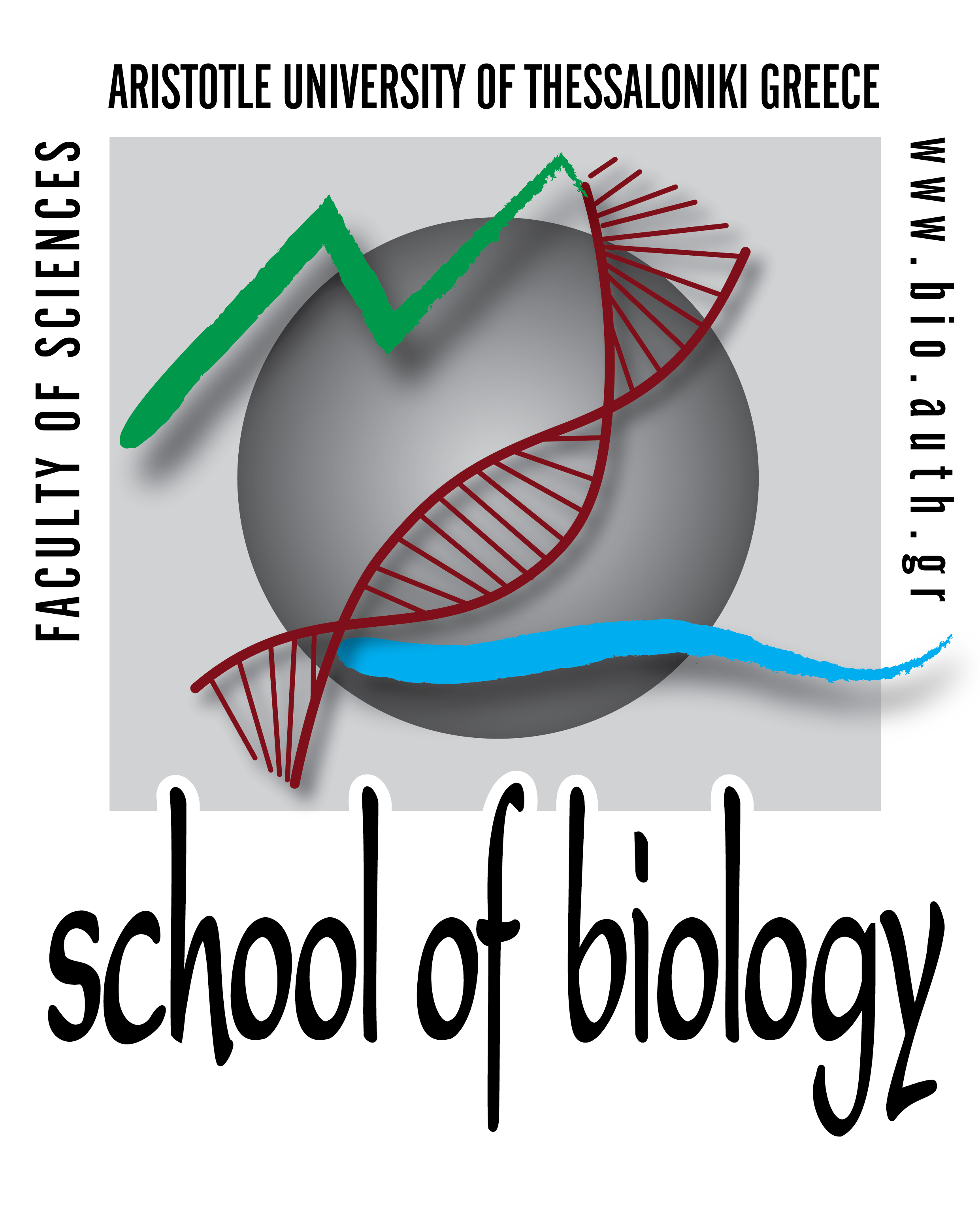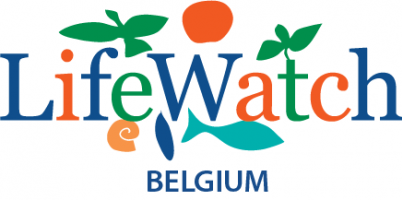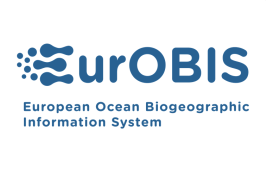Many people are unaware that the great Greek philosopher Aristotle can also be regarded as “the father of marine biodiversity”. Indeed, this “Linnaeus avant la lettre” spent a considerable part of his life studying marine species. In fact, more than 40% of the animals he studied in his zoological works had a marine origin. If Aristotle were still alive today, he would have made an excellent ambassador for modern marine biodiversity research. To highlight his very early contributions to the study of marine biodiversity, we are featuring a series of five stories that cover different aspects of his life and research, linking his work to current initiatives and projects, and demonstrating that at least part of his work is still relevant and very much alive today…
 In recognition of Aristotle’s important contribution to philosophy and science, UNESCO declared 2016 (the year of his 2400th birth anniversary) as the “Aristotle Anniversary Year”. To celebrate his specific contributions to marine sciences, we are featuring 5 stories, linking Aristotle’s scientific contributions to taxonomy, ecology and species distributions to current-day initiatives such as the World Register of Marine Species (WoRMS), the European LifeWatch project (featuring the Belgian and Greek contributions), the European Marine Observation and Data Network (EMODnet) and the European node of the Ocean Biodiversity Information System (EurOBIS).
In recognition of Aristotle’s important contribution to philosophy and science, UNESCO declared 2016 (the year of his 2400th birth anniversary) as the “Aristotle Anniversary Year”. To celebrate his specific contributions to marine sciences, we are featuring 5 stories, linking Aristotle’s scientific contributions to taxonomy, ecology and species distributions to current-day initiatives such as the World Register of Marine Species (WoRMS), the European LifeWatch project (featuring the Belgian and Greek contributions), the European Marine Observation and Data Network (EMODnet) and the European node of the Ocean Biodiversity Information System (EurOBIS).
| Aristotle, the ‘marine Linnaeus’ avant la lettreThe great philosopher Aristotle was also a universal scientist, with a wide interest in several scientific disciplines. Biology, was his pet subject, and many early taxonomists had great admiration for him, including Linnaeus and Mayr. Modern scientists are now deepening their knowledge of Aristotle’s works, aiming to better understand the roots of marine biological research and to make use of this information which could potentially provide improved baseline information for the Mediterranean marine environment. (Read more) | |
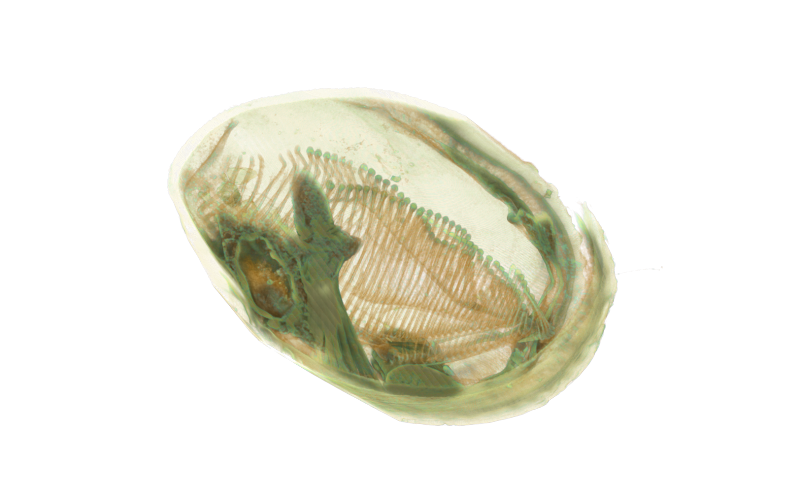 | Aristotle and his remarkable achievements in the field of marine taxonomyAristotle’s works were the first written documents on zoology and marine biology, in which we find more than 1400 records of marine animal names, representing around 200 taxa. Names – such as ‘tetrapoda’ & ‘malacostraca’ - were first introduced by Aristotle more than 2000 years ago and still hold in today’s taxonomy. He can thus truly be seen as the father of biological classification. (Read more) | |
| Aristotle and his work on marine species traitsSeveral differences between animals were first observed and described by Aristotle, characteristics which we now define as ‘species traits’. Aristotle discussed habitats, movements, feeding methods, reproduction modes and many more traits and anatomical details. His knowledge reveals a great deal of insight into marine life and deserves much respect, particularly given the fact that he could only rely on his own two eyes, working without the modern day technologies we now have at our disposal... (Read more) | |
| Aristotle on species distributions and migration patternsThe first organized account of marine fauna in the Mediterranean was given by Aristotle. Although he spent most of life around the Aegean Sea, he proves to have a good knowledge of the surrounding Mediterranean areas as well. He observed fish population movements and linked this to reproduction and feeding and was aware of the fact that eels migrate from rivers to the sea, although he was way off-track concerning their reproduction. Even today, the eel remains a rather enigmatic species: studied extensively but still retaining some of its secrets. (Read more) | |
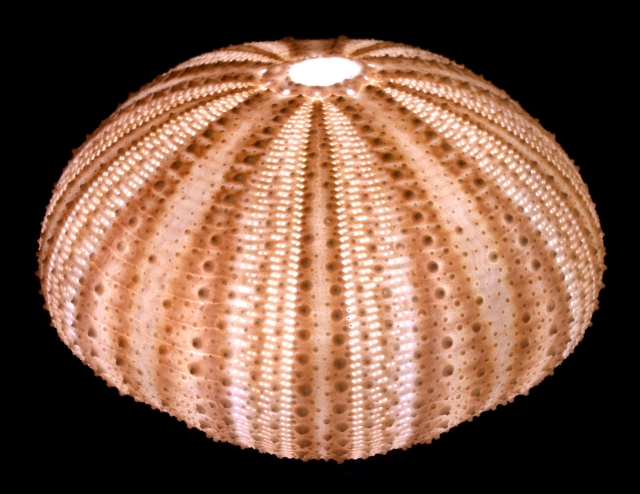 | Aristotle and how he contributed to marine animal nomenclatureAristotle was the first to assemble existing names and construct new ones where needed. Usually, the names he introduced were based on common characteristics of the species, a practice that still continues today, both for scientific and vernacular names. Although this makes a lot of sense, confusion in name-giving can still exist, as illustrated by the current-day synonymy and homonymy problem. Aristotle also left an enormous legacy, with many of his terms still in use in modern nomenclature. (Read more) |
This news series is a collaboration between:
| Aristotle University of Thessaloniki - School of Biology - None of these writings would have been possible without the dedication and contribution of Eleni Voultsiadou, Professor at the Zoology Department of the Aristotle University of Thessaloniki (School of Biology). Prof. Voultsiadou, along with her research in marine biology, has a strong interest in the history & philosophy of Biology and in zoological terminology and nomenclature, which shows in her publications related to Aristotle and his link with marine sciences. To compile this news series, we could rely on her expertise on the subject, leading to the documentation of some interesting and fun facts largely unknown to people. In addition, she is also involved in the LifeWatch Greece project, demonstrated by her contribution to the LifeWatchGreece Special Collection, with an updated checklist of the sponges of Greece. | |
| Flanders Marine Institute (VLIZ) - The Flanders Marine Institute (VLIZ) is a central coordination and information platform for marine and coastal scientific research. As a partner in various projects and networks, VLIZ promotes and supports the international image of Flemish marine scientific research and international marine education. The VLIZ Data Centre provides assistance, technologies and tools to scientists and policymakers to support marine data management. Within international networks, VLIZ participates in the development of data infrastructures and promotes the flow of marine data from Belgium. The Data Centre is – amongst others – responsible for the management of international e-infrastructures such as Lifewatch, the World Register of Marine Species, the central portal for the European Marine Observation and Data network (EMODnet), the European Ocean Biodiversity Information System (EurOBIS) and Marine Regions. | |
Hellenic Centre for Marine Research (HCMR) - HCMR carries out scientific and technological research, experimental development, dissemination and implementation of produced results, especially in the fields of protection of the hydrosphere, its organisms, its interface with the atmosphere, the coast and the sea bottom, the physical, chemical, biological and geological conditions that prevail and regulate the above mentioned systems. It combines employment of state-of-the-art laboratories and oceanographic infrastructure with highly competent scientific staff. The Institute of Marine Biology, Biotechnology and Aquaculture (IMBBC), is one of HCMR’s three institutes. The focus is on ecosystem structure, functioning, dynamics and genetic diversity; the management and protection of marine ecosystems; the study of changes in biodiversity caused by both natural and anthropogenic disturbance and their consequences in the ecosystem services; the sustainable uses of biological diversity and its components, taking into account socio-economic and cultural factors. Its central position in the Marine Biodiversity Centre of Excellence underpins the key role which it plays in the Hellenic Marine Biodiversity Research Strategy. | ||
| World Register of Marine Species (WoRMS) - The aim of WoRMS is to provide an authoritative and comprehensive list of names of marine organisms, including information on synonymy. The content of WoRMS is controlled by taxonomic experts, who are responsible for controlling the quality of the information. Keeping WoRMS up-to-date is a continuous process. New information is entered daily by the taxonomic editors and by the members of the data management team. WoRMS is part of the LifeWatch Species Information Backbone. | |
| LifeWatch Belgium - The Belgian LifeWatch project is part of the European LifeWatch infrastructure. LifeWatch was established as part of the European Strategy Forum on Research Infrastructure (ESFRI) and can be seen as a virtual laboratory for biodiversity research. Belgium contributes to LifeWatch with varied and complementary "in-kind" contributions. These are implemented under the form of long lasting projects by different research centers and universities spread over the country and supported by each respective political authority. LifeWatch Belgium features a wide array of data services, allowing users to upload, match and process their data to a variety of services, including taxon matching against several existing taxonomic register or retrieving distribution records linked to their own record. | |
LifeWatch Greece - LifeWatchGreece Research Infrastructure (LWG RI), funded by the GSRT (structural funds), is the national effort to address the precise cataloging of the different Greek ecosystems and the species occurring therein, along with the continuous monitoring of species distribution changes through time. To materialize this aim, LWG RI adheres to the central LifeWatch.eu guidelines, and attempts to ally all the Greek scientific human resources working on biodiversity data and data observatories. A centrally held platform brings this vision of a nation-wide infrastructure closer to reality, and will include a suite of electronic services (e-Services) and virtual labs (vLabs). | ||
EMODnet Biology - The EMODnet biology data portal provides free access to data on temporal and spatial distribution of marine species and species traits from all European regional seas. EMODnet Biology is part of the EU funded European Marine Observation and Data Network and is built upon the World Register of Marine Species and the European Ocean Biodiversity Information System. | ||
| European Ocean Biodiversity Information System (EurOBIS) - EurOBIS is an online marine biogeographic database compiling data on all living marine creatures. The principle aims of EurOBIS are to centralize the largely scattered biogeographic data on marine species collected by European institutions and to make these data freely available and easily accessible. All data go through a number of quality control procedures before they are made available, assuring a minimum level of quality necessary to put the data to good use. The EurOBIS data form the backbone of the EMODnet Biology Portal. EurOBIS is part of the LifeWatch Species Information Backbone. | |
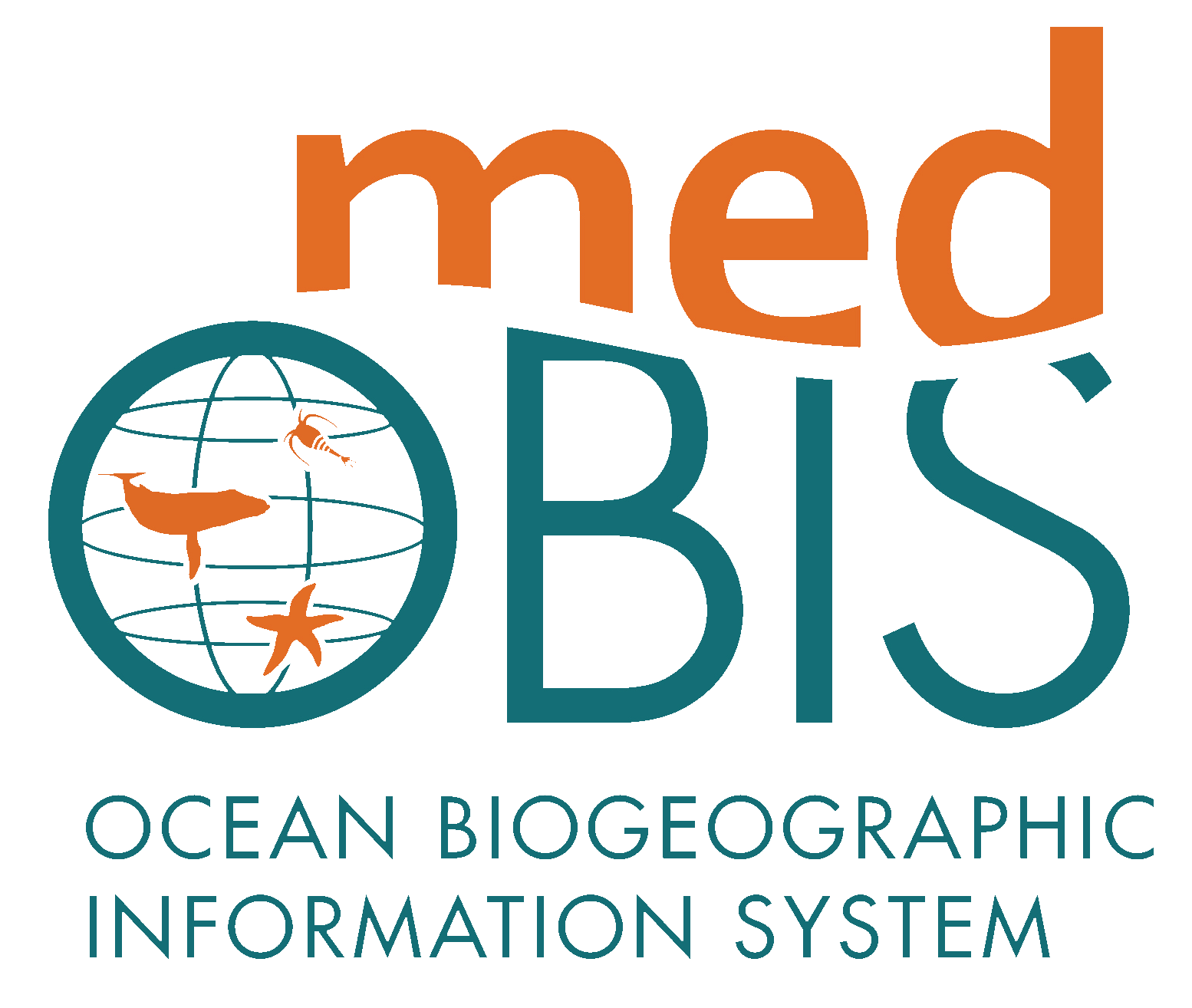 | Mediterranean Ocean Biodiversity Information System (MedOBIS) - The MedOBIS vLab was designed and developed in the context of the national LifeWatch RI and provides reliable and quality controlled data and meta-data to OBIS and ultimately to GBIF and benefits from the OBIS from the open source technology, international standards, and tools, available by the OBIS help desk. MedOBIS allows users to search marine species datasets from all of the Mediterranean seas. The concept of MedOBIS, in agreement with that of OBIS, is to create a comprehensive system for the retrieval of Mediterranean biological data. OBIS' major scientific question is: “if scientists cannot efficiently collect and effectively share data about the oceans with each other, how will anyone be able to generate new, comprehensive hypotheses about our oceans?”. Therefore, if new findings about the oceans remain localized and hidden from the rest of the marine science community, then the data fail to have an impact on research in the marine science community at large. It is exactly the same essential question that has driven the activities of MedOBIS over the last decade. MedOBIS is also part of the LifeWatch Species Information Backbone. | |
Marine Regions - The purpose of Marine Regions is to create a standard, relational list of geographic names, coupled with information and maps of the geographic location of these features. This will improve access and clarity of the different geographic, marine names such as seas, sandbanks, ridges and bays and display univocally the boundaries of marine biogeographic or managerial marine areas. | ||
Interim Register of Marine & Non-marine Genera (IRMNG) - The Interim Register of Marine and Non-marine Genera is a provisional (or ‘interim’) compilation of genus names and covers both living and extinct biota into a single system to support taxonomic and other queries dealing with e.g. homonyms, authorities, parent-child relationships, spelling variations and distinctions between marine and non-marine or fossil and recent taxa. IRMNG is part of the LifeWatch Species Information Backbone. |


